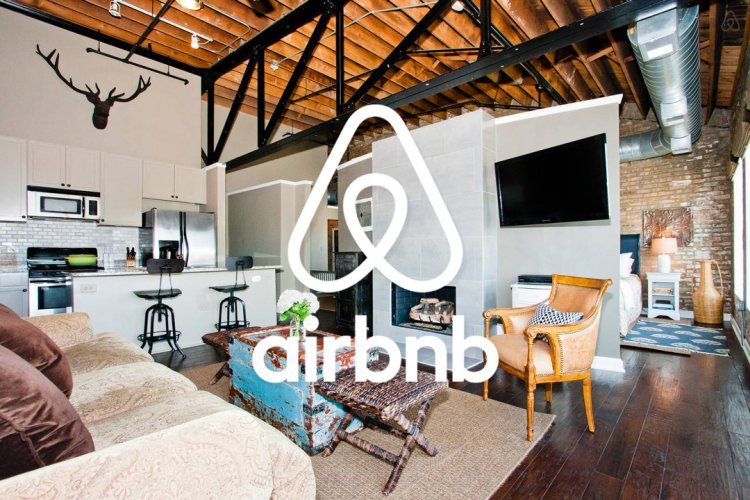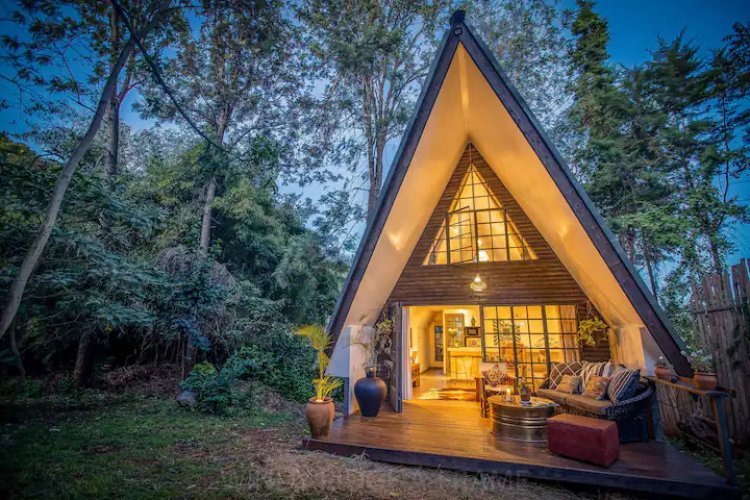Airbnb Asked To Share With KRA Details On Kenyan Owners Not Paying Taxes
Airbnb further noted that the disclosed data will identify the Kenyan hosts who rented their houses through the platform as well as how much they earned from their customers

Airbnb Ireland UC (Airbnb), a multinational company operating an online marketplace for short- and long-term homestays and experiences, has announced that the Kenya Revenue Authority (KRA) has approached the firm asking for information regarding transactions done by the homestays in Kenya.
In a statement seen by Viral Tea, the Irish company revealed that KRA requested them to provide to the taxman a limited amount of data about historical transactions that took place on the Airbnb platform during the period from January 1, 2021 to December 31, 2022.
Airbnb further noted that the disclosed data will identify the Kenyan hosts who rented their houses through the platform as well as how much they earned from their customers who rented the homestays for the period of their choosing.

Kenya Revenue Authority (KRA) offices along Mombasa Road. /FILE
"Airbnb Ireland UC (Airbnb), an Irish registered company, is the data controller of the personal data of all users of Airbnb in Kenya.
"KRA has issued an exchange of information request to the Irish Tax Authority (Irish Revenue) seeking certain information on Kenya hosts, and Irish Revenue has formally requested Airbnb to share this information, which we are legally obliged to do," read the statement in part.
This means that the affected users whose information will be shared will be notified through a message once their details are sent to KRA.
"Irish Revenue will now be communicating to each Kenyan user, whose data is being shared, that their data is being sent to KRA under an exchange of information request," added Airbnb.
"Your earnings on Airbnb are subject to Kenyan tax regulations. If you need to file a tax return, remember that you have a legal obligation to accurately report your earnings on Airbnb to the Kenya Revenue Authority (KRA)."
However, the statement did not reveal whether or not KRA would go after the homestay owners who failed to remit their taxes during the aforementioned period.
Homestay services have been on the rise in recent years as business and leisure travellers seek cheaper alternatives to hotels.
Some Kenyans rely on Airbnbs as an alternative source of income to cushion themselves from the hardships resulting from the high cost of living.
Residents lease out their Airbnbs from as little as Ksh2,500 a night to premium rates hitting as high as Ksh40,000 for certain houses.
The Tourism Fund on Tuesday, October 3 put Airbnb hosts on notice over failure to register and pay the Tourism Levy which is charged to all facilities that offer accommodation services.
The State Corporation found that out of 40,000 Airbnbs operating in Kenya, only 400 have been registered with the government.
In a statement, the Fund indicated that low registration among Airbnbs pointed to over 39,000 Airbnbs hosts yet to comply with the 2.0 per cent Tourism Levy.
"This is the situation that I've always raised and is why we're here. When you come to engage your stakeholders they have good suggestions on what we can do to build upon what we do," Tourism Fund Samson Kipkoech stated.
Registered businesses in the tourism sector are supposed to remit the two per cent tourism levy to fund various tourism-related initiatives, infrastructure development, and promotional activities.
A tourism levy is a fee or tax imposed on tourists or visitors to a particular destination. It is typically collected by the government or local authorities.


 admin
admin 




